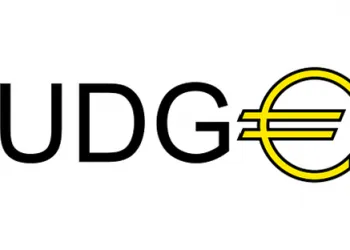What is an ERP System
ERP systems are used to manage and integrate a company’s financials, inventory, personnel, and other information.
An ERP system or erp integrated solutions are a type of software that helps businesses manage their daily operations. It can be used to track inventory, customers, sales, and other data. ERP systems can be customized to fit the specific needs of a business.
ERP systems typically include modules for accounting, human resources, and customer relationship management (CRM).
An ERP system is a software solution that integrates different parts of a business in order to manage the information flow between them. This can include financial data, inventory, customer records, and more. The goal of an ERP system is to automate and streamline business processes in order to improve efficiency and productivity.
There are many different types of ERP systems on the market, and each one includes different modules. Some of the most common modules include accounting, human resources, and customer relationship management (CRM).
Accounting modules typically include features such as invoicing, financial reporting, and budgeting. Human resources modules can include employee tracking, payroll, and performance management. CRM modules can include customer data, sales tracking, and marketing campaigns.
ERP systems can be very complex, and it is important to choose the right one for your business. Make sure to do your research and compare different ERP systems before making a decision.
ERP systems are designed to streamline business processes and improve efficiency.
ERP systems are designed to streamline business processes and improve efficiency. By automating and integrating key processes, ERP systems can help businesses improve productivity, reduce costs, and gain a competitive edge.
While ERP systems vary in terms of features and functionality, they typically include modules for accounting, inventory management, customer relationship management (CRM), and human resources (HR). Some ERP systems also include modules for project management, supply chain management, and e-commerce.
ERP systems can be complex and expensive to implement, so it’s important to carefully consider your business needs before selecting a system. Once implemented, ERP systems require ongoing maintenance and updates to keep pace with changes in business processes and technologies.
ERP systems can be expensive to implement and maintain but can offer significant benefits to businesses.
ERP systems can be expensive to implement and maintain but can offer significant benefits to businesses. By automating key business processes and integrating information from multiple departments, ERP systems can help businesses improve efficiency, accuracy, and visibility into their operations. In addition, ERP systems can provide businesses with a platform for growth and expansion by supporting new business models and processes.
















